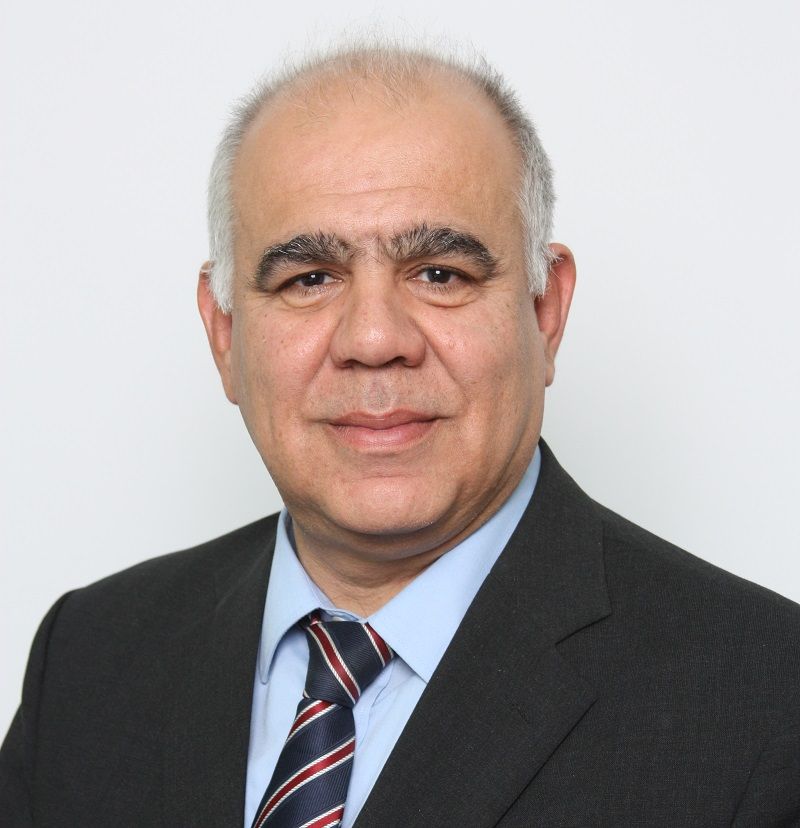What next for the unresolved Cyprus question?
#CriticalThinking
President of the Cyprus Center for European and International Affairs, and Head of the Department of Politics and Governance at the University of Nicosia
Andreas Theophanous is Professor of Political Economy and President of the Center for European and International Affairs at the University of Nicosia
Despite high expectations, the conference on Cyprus at Crans-Montana in Switzerland from 28 June to 5 July did not lead to a breakthrough. The stakes were high, given the conference’s broader goals, which included addressing the need for multilateral cooperation, involving Turkey, in the Eastern Mediterranean on energy and security issues. Furthermore, a solution to the Cyprus problem in times of regional turmoil and conflict would have been considered a success for the United Nations and the international community and would have also removed an obstacle in EU-NATO relations.
Today the two sides are still polarised. Moreover, the narrative of the bi-zonal, bi-communal federation, which stresses reunification, peace and robust economic growth, is dangerously overpriced. It is time this is reassessed with pragmatism and without ideological illusions.
Little consideration has been given to what would follow an agreement: potential economic repercussions have not been adequately examined and possible risks of destabilisation have not been assessed. Compounding the great mistrust between the two sides is the lack of a framework of common objectives.
Addressing issues of governance in bi-ethnic and multi-ethnic states is a critical issue in international politics. In cases where constitutional models have been chosen on the basis of ethno-nationalist pillars, the overall record is rather negative. Bosnia, Lebanon and even Belgium are indicative cases. Cyprus must take this into serious consideration and think outside the box.
The fundamental issue is that Turkey does not recognise the Republic of Cyprus’ right to exist. Within the framework of a solution Turkey aims to replace the Republic of Cyprus with an entity that it would strongly influence or even indirectly control using the Turkish-Cypriot community.
There are serious doubts whether it is possible to reach a comprehensive settlement under current circumstances, including the overwhelming role of Turkey. It would be useful and appropriate to seriously consider an evolutionary process, including the implementation of the acquis communautaire in the occupied part of Cyprus, the return of Famagusta under the auspices of the UN and EU and additional confidence-building measures, as well addressing energy issues in the Eastern Mediterranean with Turkey’s participation and within the framework of normalising relations with the Republic of Cyprus.
The goal should be finding ways to move forward. If the EU and international community encouraged an evolutionary process, this would create incentives for all parties concerned to break the deadlock. Such a philosophy also tends to contain tensions at all levels. This policy orientation may lead to tangible mutual benefits, and would also preserve the prospect of eventually reaching a comprehensive arrangement.
This article was first published in Europe’s World print issue number 35. Read more on the issue and order your copy here.
Stay informed
